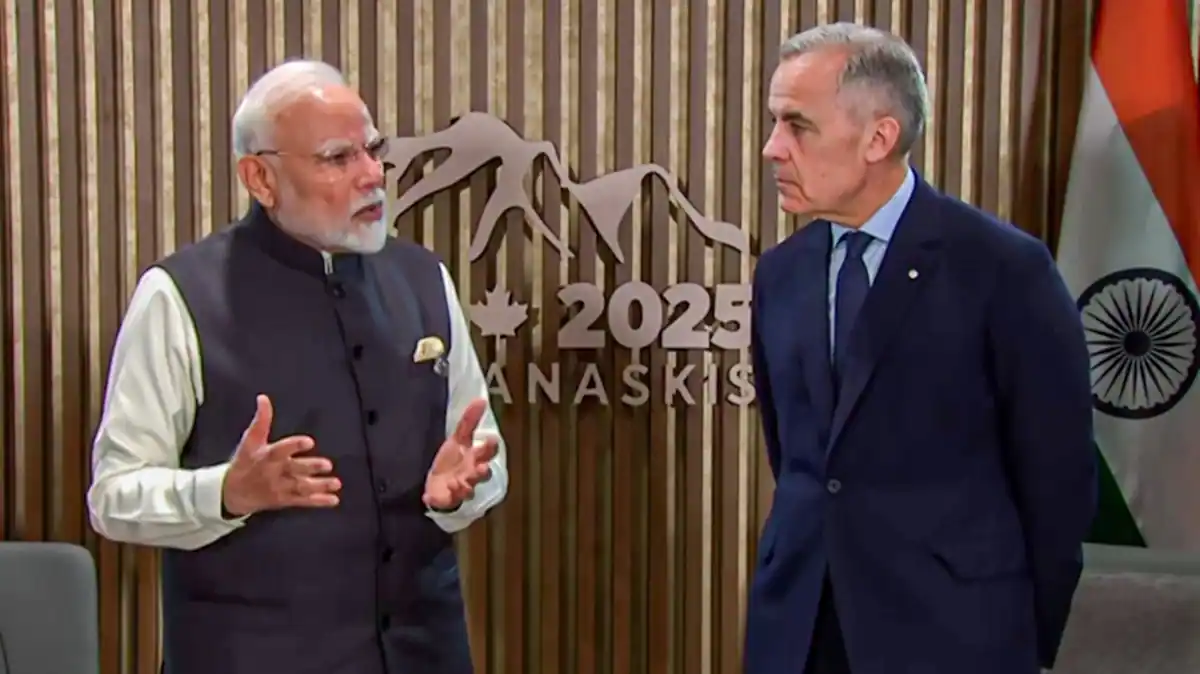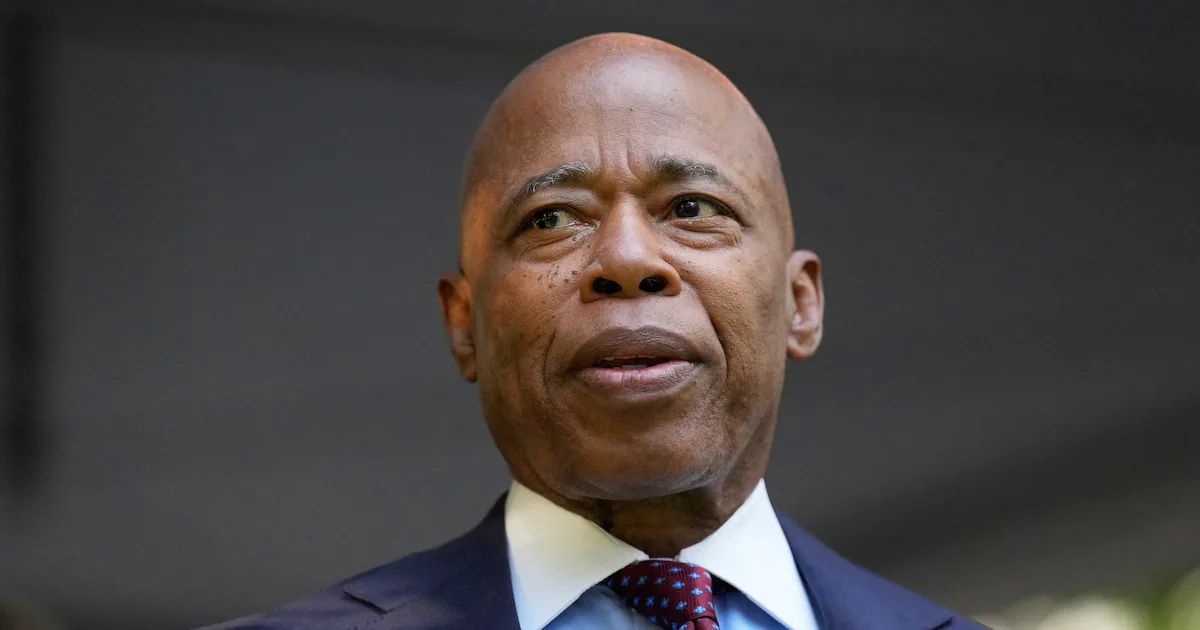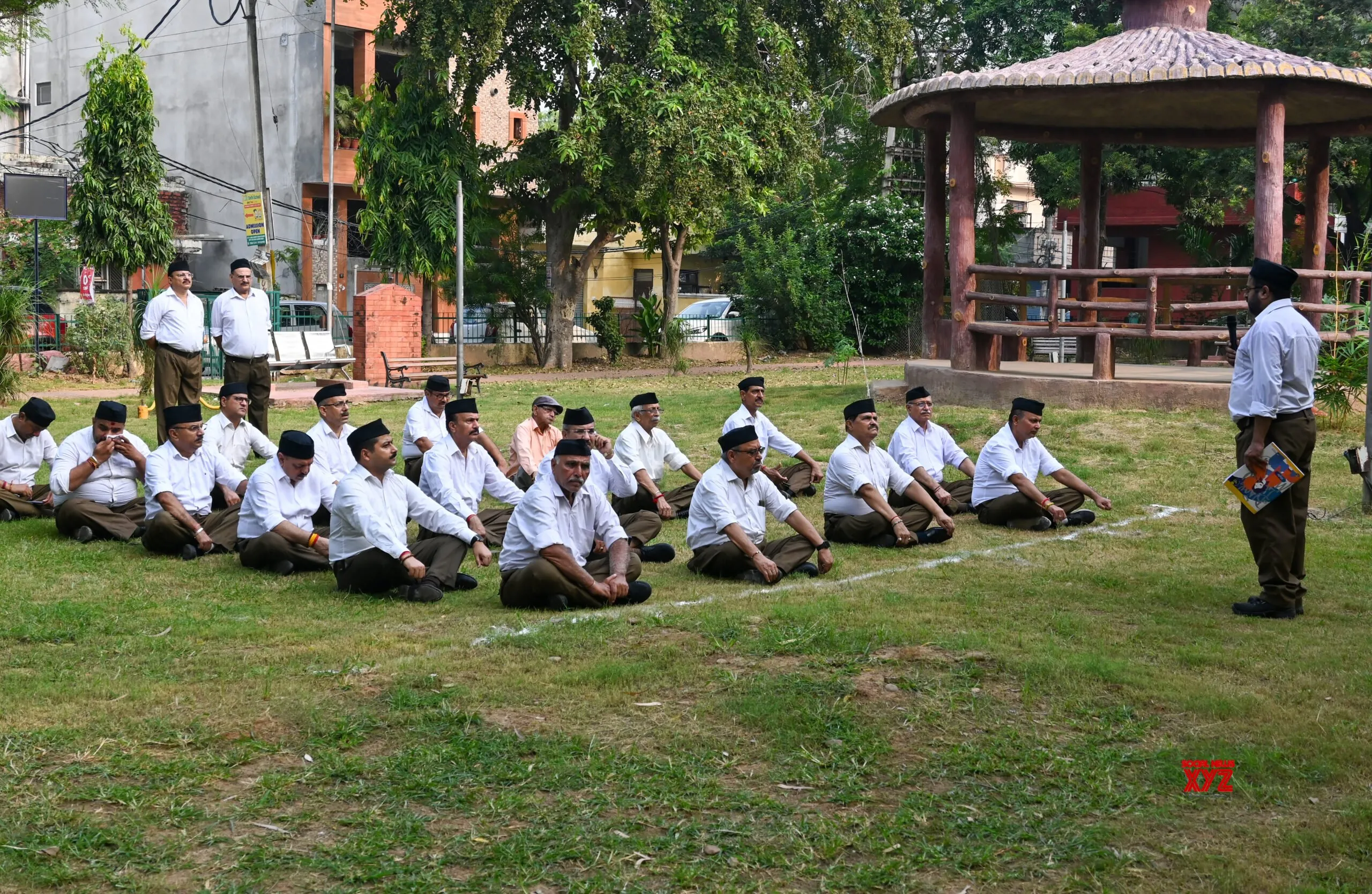Selective Justice? Canada’s Terror Double Standards Exposed; Bishnoi Outlawed, Khalistanis Untouched
By Akash Sinha,Zee News
Copyright india

India-Canada Ties: After months of tense exchanges, Canada and India have only just begun easing back toward normal relations but it appears that Justin Trudeaus succesor Mark Carneys mask is falling off gradually. Canada’s recent decision to designate the Bishnoi Gang as a terrorist entity under its Criminal Code has raised eyebrows—not because the action was unjustified, but because it highlights Ottawa’s selective approach in dealing with groups that directly threaten Indian interests.The Bishnoi Gang, described by Canadian authorities as a “transnational criminal organization operating primarily out of India”, has long been involved in murder, extortion, arson, and intimidation. With significant influence in diaspora-heavy regions, the group has created fear among communities and businesses abroad.By officially listing the Bishnoi Gang, Canada has empowered its law enforcement to freeze assets, prosecute members, and curb recruitment or financing networks. On paper, it is a move that strengthens security. But in India, the decision has triggered a deeper debate—why such decisive action against Bishnoi, but continued tolerance for Khalistani extremist groups openly threatening Indian diplomats and community peace in Canada?Ottawa’s Quick Action Against BishnoiCanada’s press release was categorical: terrorism has no place in Canadian society. Public Safety Minister Arif Virani and Minister of Diversity, Inclusion and Persons with Disabilities, Gary Anandasangaree, emphasized that specific communities had been “targeted for terror, violence and intimidation” by the Bishnoi Gang.Under Canada’s anti-terror law, the designation allows police to seize property, freeze bank accounts, and charge anyone supporting or funding the gang. It even criminalizes dealings with group-owned property abroad. In theory, this sends a strong message of “zero tolerance.”Deafening Silence On Khalistani ExtremismIronically, while Ottawa moved swiftly against Bishnoi, Khalistani extremists continue to thrive under Canada’s watch. Only hours after the Bishnoi designation, the Khalistani outfit Sikhs for Justice (SFJ) issued a direct threat to Indian High Commissioner Dinesh Patnaik, announcing a $10,000 bounty for anyone who reveals his address.This was not an isolated incident. In recent years, Hindu temples have been vandalized, Indian consulates attacked, and pro-Khalistan rallies openly endorsed violence against India—all in the name of “freedom of expression.”India, on its part, has long classified Khalistani groups as terrorist organisations under the Unlawful Activities (Prevention) Act (UAPA), 1967. Some key outfits banned by New Delhi include Babbar Khalsa International (BKI), International Sikh Youth Federation (ISYF), Khalistan Commando Force (KCF), Khalistan Zindabad Force (KZF), Khalistan Liberation Force (KLF) and Sikhs For Justice (SFJ).Despite repeated diplomatic protests, Canada has largely turned a blind eye to Khalistani extremism, often sheltering it under free-speech protections.Trudeau-Era ShadowThis selective action underscores a pattern that became visible during Prime Minister Justin Trudeau’s tenure, when ties between New Delhi and Ottawa nosedived. From Trudeau’s controversial visit to India in 2018 to his public comments last year alleging Indian involvement in the killing of Khalistani separatist Hardeep Singh Nijjar, Canada has repeatedly prioritized domestic political considerations over bilateral relations.By acting strongly against Bishnoi while ignoring Khalistanis, critics argue Ottawa is playing convenience politics—targeting gangs that affect Canadian communities directly, but remaining hesitant when extremist groups intersect with diaspora vote banks.A Question Of IntentionsOn the surface, Canada’s ban on the Bishnoi Gang is a step in the right direction. India itself has been cracking down on the gang, with law enforcement arresting its operatives and blocking financial channels linked to jailed gangster Lawrence Bishnoi and his network.But the irony is stark: New Delhi and Ottawa are on the same page about Bishnoi, yet remain poles apart on Khalistani extremism. If Canada is genuinely committed to fighting transnational terror, why stop at one group and not apply the same yardstick across the board?Symbolism Or Sincerity?The Bishnoi ban may make Canadian neighborhoods safer, but for India, it is yet another reminder of Ottawa’s duality. Without concrete action against Khalistani groups, Canada’s credibility as a partner in counterterrorism remains questionable.Soon after Canada designated the Bishnoi gang as a terror entity, the Khalistani outfit Sikhs for Justice (SFJ) issued a direct threat against India’s High Commissioner to Canada, Dinesh Patnaik. The group announced a $10,000 bounty for anyone who could disclose his residential address.The threat comes despite Canada’s repeated inaction against Khalistani extremists who openly issue violent calls, vandalize Hindu temples, and even target Indian consulates. While Ottawa swiftly cracked down on Bishnoi, its silence on Khalistani groups once again exposes what critics call Canada’s enduring soft corner for separatist outfits.Until then, the Bishnoi designation may be viewed less as a genuine counterterror step and more as a symbolic gesture—a move that strengthens Canada’s domestic security while doing little to mend the cracks in its troubled relationship with India.



